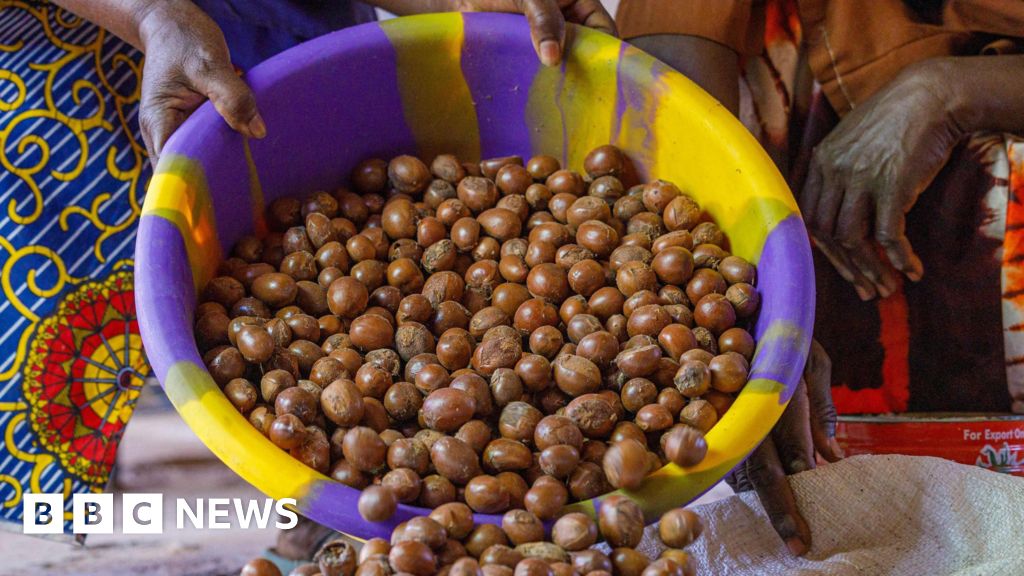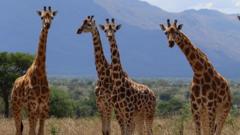In a monumental effort against wildlife trafficking, Nigeria's Customs Service (NCS) has reported the seizure of over 1,600 birds bound for Kuwait. This incident, which took place on July 31 at Lagos International Airport, is being heralded as the largest wildlife-trafficking bust in Nigeria's history, according to NCS spokesperson Abdullahi Maiwada.
Among the intercepted birds are ring-necked parrots and green- and yellow-fronted canaries, which were discovered during the agency's routine inspections. These avian species, while not particularly rare, require specific documentation and permits for international transport. The absence of such papers led to their confiscation, pointing to weaknesses in enforcement in a country that is often plagued by porous borders and widespread corruption.
The NCS is currently pursuing an investigation to identify and prosecute those responsible for this illegal shipment. Once the birds are rehabilitated, they will be returned to their natural habitats under the care of the National Parks Service.
Nigeria remains a signatory to the Convention on International Trade in Endangered Species of Wild Fauna and Flora (CITES), yet the country continues to struggle with wildlife trafficking. The global illegal wildlife trade is estimated to generate between $7 billion and $23 billion annually, according to BirdLife International. The demand for songbirds in particular—driven by popular singing competitions—contributes significantly to this nefarious market.
As the investigation unfolds, the NCS has opted to delay the public announcement of this seizure until now to protect operational integrity. Most trafficked wildlife from Nigeria is ultimately destined for markets in Asia, accentuating the urgent need for strengthened regulations and enforcement mechanisms to combat this ongoing crisis.




















